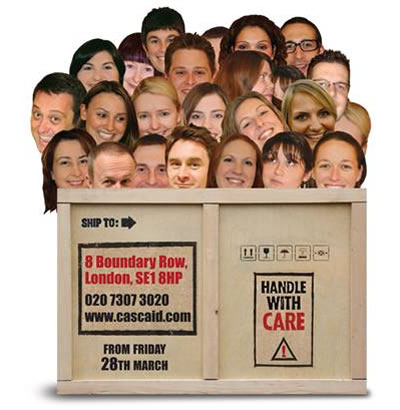Lessons learned from a fundraising career
My fundraising career started in the mid 1980s at direct marketing agency Watson Ward Albert Varndell where I learnt the importance of maintaining an up to date database of donors and the power of “for just £10 you can change a child’s life”.
In my personal life I helped fundraise by being an organiser of The Pretty Policeman’s Ball for Gay Switchboard which was then such a large part of the lesbian and gay scene in London.
Ten years later at my next agency, Smith Bundy, the power of imagery was the key. I’ll never forget the picture of the barbed wire across a child’s eye that we used so successfully for Sightsavers.
Advertisement
Times move on and in the current climate charities are finding that innovation is critical to their fundraising success. Of particular interest is the innovation now required within corporate partnerships as businesses, large and small, look to find value within their links with various charities. This value is sometimes expressed in pounds and pence, and sometimes in aligning brand values with causes that resonate to their B2B, B2C or internal customers.
In a period of time when large segments of society have been portrayed as acting unethically, whether it be the conduct of media, police, politicians, sporting icons or banks , businesses are increasingly wanting to enable their values and ethics to shine through to their external and internal customers.
The right partnership with the right charity can be one of the ways that a business can showcase their morality and have integrity in doing so, through finances or staff engagement to name a few.
I love the story of Harrogate Spa who aligned themselves with the Charity Pump Aid, created a new to market ethical water brand and within a short period of time became the Presidential brand of Asda, raised over £1 million for water and sanitation projects in Africa, and changed the turnover of a growing business.
These win/win scenarios where the customer is attracted to a product because it ‘does good’ is a good example of innovation in the charitable giving field where instead of attacking consumerism, it leverages the general public spend.
Wanda Goldwag is Non Executive Chair at Ethical Goods.




